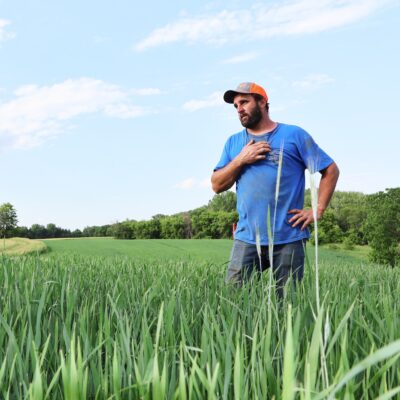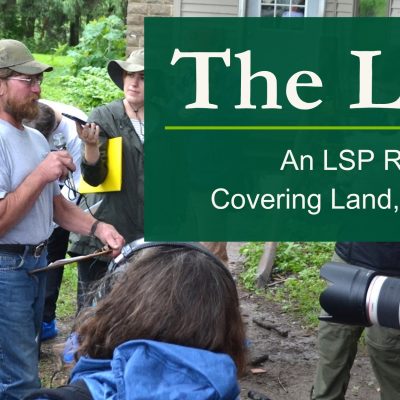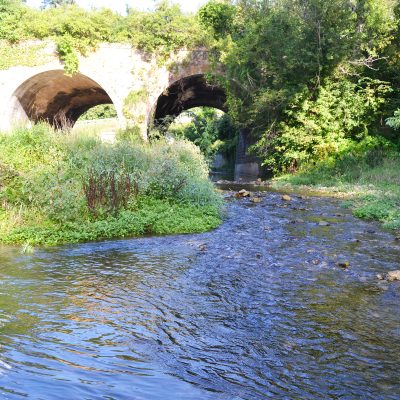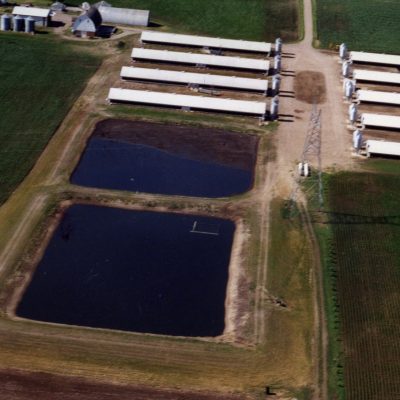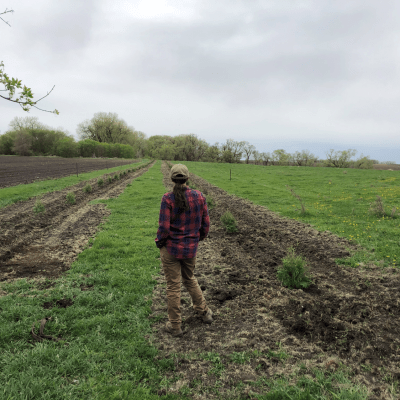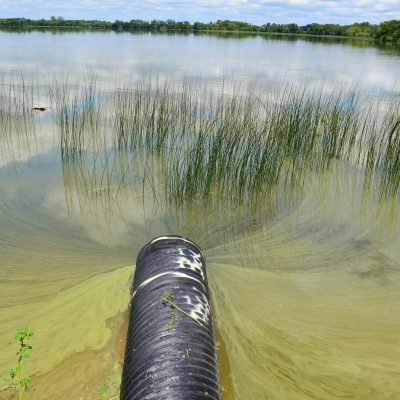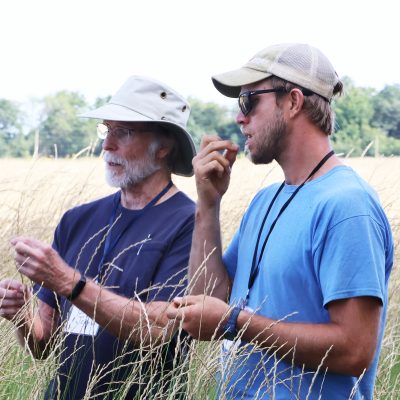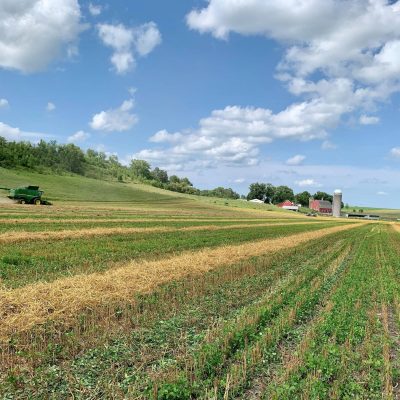Ear to the Ground 393: Risk Reducers
Alan Jostock uses the kind of diversity that builds soil health as a kind of insurance policy for his farm. That means meshing his crop and livestock enterprises in a way that they prop each other up through thick and thin. More Information • Jan. 27, 2026, LSP Workshop — “Beyond Exports: Rebuilding Local Markets”… Read More →
